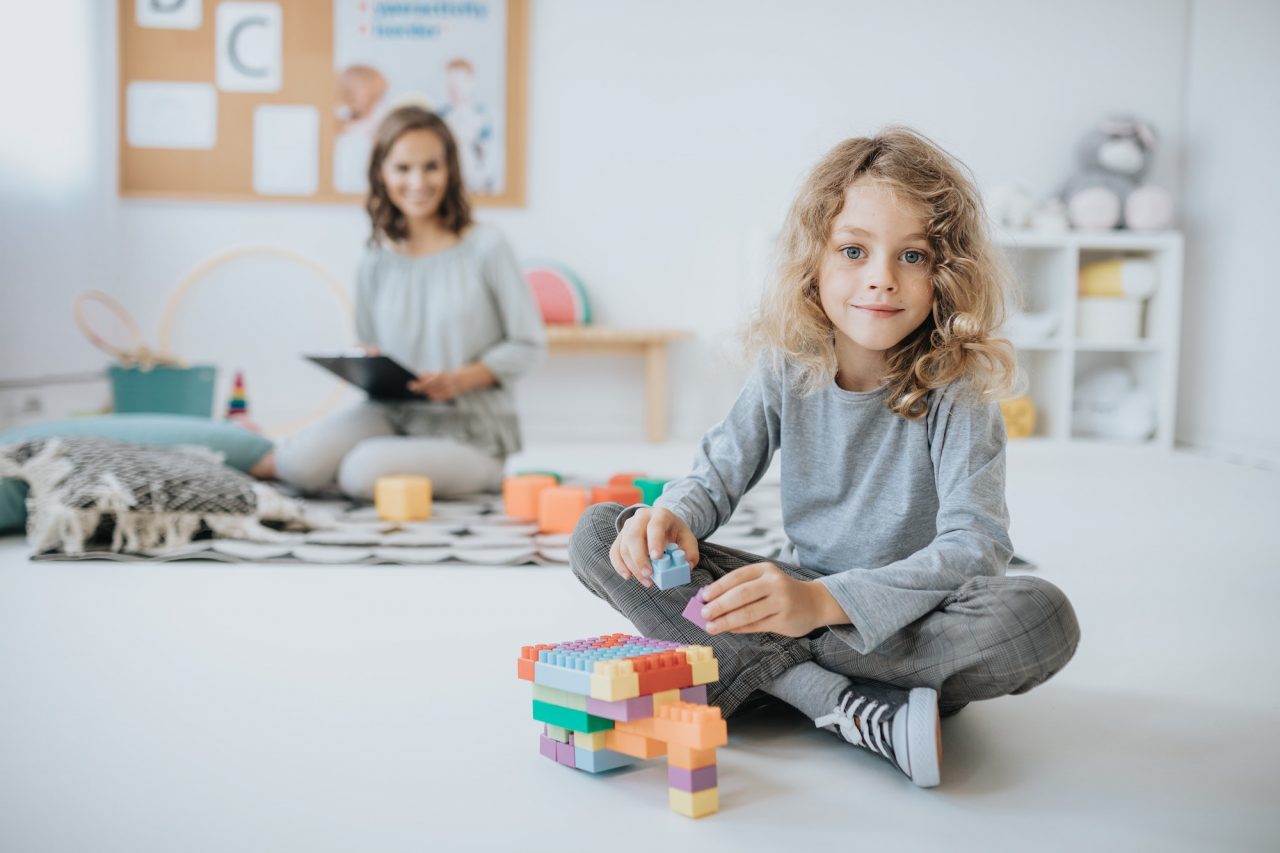Cognitive-Behavioral Therapy (CBT)
Cognitive-Behavioral Therapy (CBT) is a highly effective, structured therapeutic approach that helps individuals identify and change negative thought patterns and behaviors. CBT is particularly beneficial for children struggling with anxiety, depression, stress management, ADHD, and behavioral challenges. It empowers children to develop healthy coping mechanisms, regulate emotions, and build confidence in handling life’s challenges.
Who we are
Qualities of an Outstanding Special Educator


Understanding the emotional and psychological needs of children with compassion.
Supporting children and their families through every step of their journey.
Building bridges between children, parents, and educators for a united approach.
Designing engaging and adaptive teaching methods that cater to individual learning styles.
Tackling complex challenges with a proactive and results-driven mindset.
Committing wholeheartedly to the well-being and development of each child.
Steps in Cognitive-Behavioral Therapy (CBT)
Lorem ipsum dolor sit amet, consectetur adipiscing elit. Ut elit tellus, luctus nec ullamcorper mattis, pulvinar dapibus leo.
- The therapist conducts a detailed assessment to understand the child's emotional and behavioral challenges.
- Identifies negative thought processes such as catastrophizing, overgeneralization, or self-doubt.
- Encourages the child to express feelings through talk therapy, worksheets, or creative exercises.
- Introduces cognitive restructuring techniques to challenge irrational or harmful thoughts.
- Uses positive affirmations and guided questioning to help the child develop a more balanced perspective.
- Engages children in interactive discussions to understand how their thoughts influence emotions and behaviors.
- Helps children recognize emotional triggers and respond with healthy coping mechanisms.
- Uses deep breathing, mindfulness, and relaxation exercises to manage stress.
- Encourages the use of journaling and creative expression to articulate emotions effectively.
- Implements gradual exposure therapy for children with anxiety-related issues.
- Engages in role-playing and problem-solving exercises to improve social interactions.
- Helps children build resilience by breaking down large challenges into manageable steps.
- Tracks the child’s progress through regular sessions and feedback from parents and teachers.
- Adjusts therapy techniques based on the child’s responses and improvements.
- Reinforces positive behaviors through praise, rewards, and encouragement.




Cognitive-Behavioral Therapy (CBT) Examples
A 12-year-old student struggling with severe exam anxiety constantly fears failure. Through CBT, they learn to replace negative thoughts like "I will fail" with positive affirmations like "I have prepared well, and I can do my best." By practicing relaxation techniques before exams, their stress levels reduce, and academic performance improves.
A child who avoids social interactions due to fear of embarrassment undergoes gradual exposure therapy. Through role-playing exercises, they learn conversation starters and assertiveness techniques, which build their confidence to engage in peer interactions.
A teenager with low self-esteem believes they are "not good enough." CBT helps them identify distorted thinking patterns and replace them with self-compassionate and empowering beliefs, improving their self-confidence and motivation.
Why Choose Us
Why Choose Maqsad Special Minds?
At Maqsad Special Minds, we are dedicated to helping children overcome mental and emotional challenges with care and expertise. Led by Anupreet Kaur, our CBT experts provide personalized therapy that empowers children to think positively, manage emotions, and build resilience.
We believe that every child deserves a happy and healthy mind. Let us be a part of your child’s journey towards emotional well-being.
Give your child the gift of confidence and emotional strength!  Contact us today.
Contact us today.




Get appointment
Need More help?
Join Us on This Journey
888-2002-234
07.00 AM - 05.00 PM
